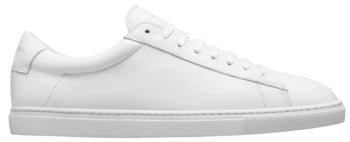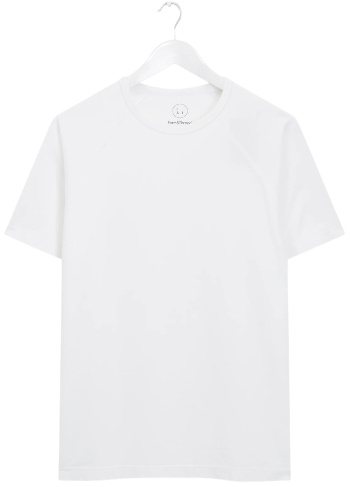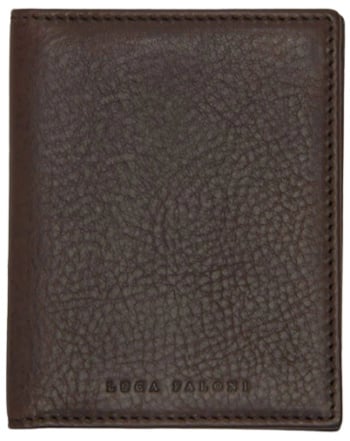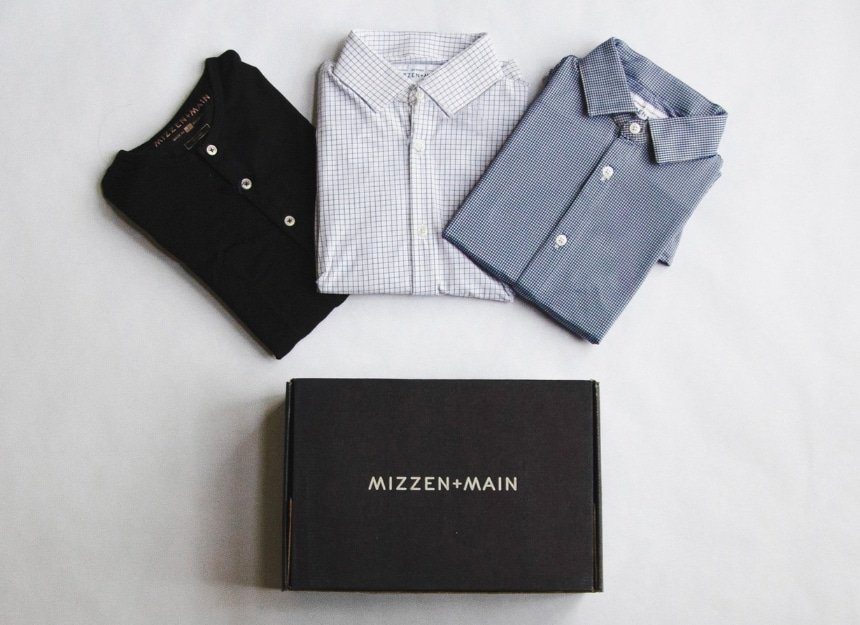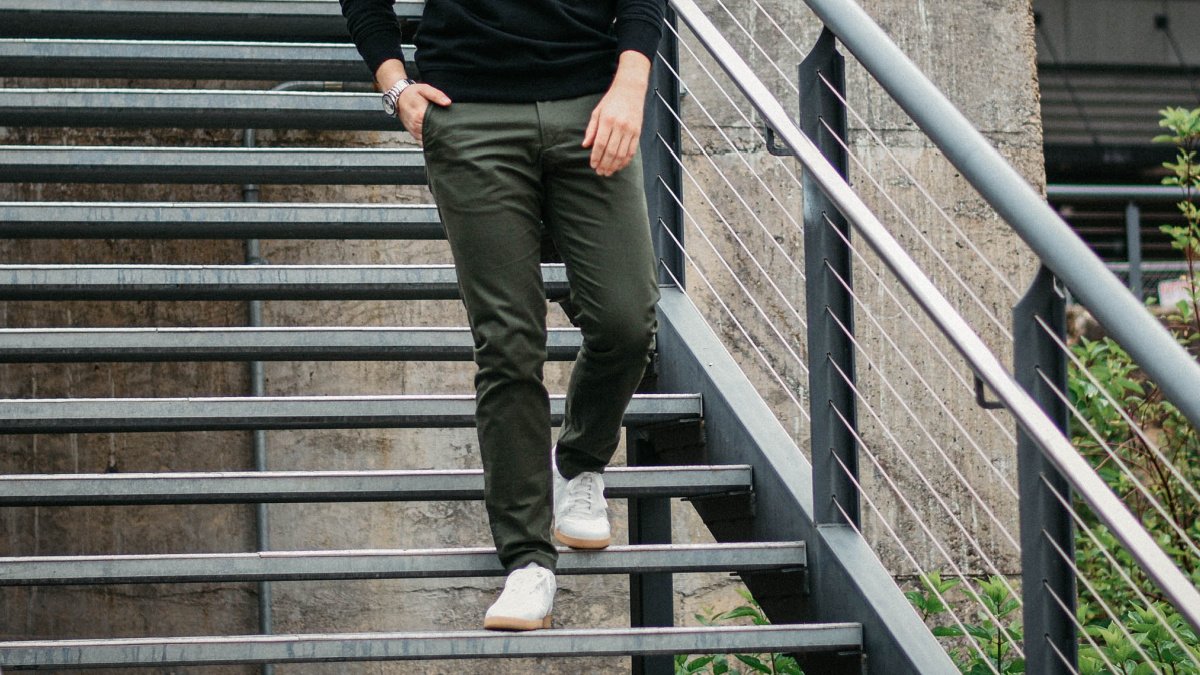Can you smell the pumpkin spice lattes in the air?
Are you suddenly seeing cranberries everywhere?
Has everyone around you turned into gourd-hoarders?
It’s fall.
The air has a chill to it. Leaves are changing. Pies are everywhere.
Fall is the favorite season for most fashion lovers.
Summer can be too simple—how many t-shirt/ shorts combos can you really wear? But with autumn, it’s like a whole world of style opportunities open up.
And we get to start layering our outfits.
One of the unsung heroes of fall is the vest. It’s shocking how much having a single vest opens up your wardrobe for fall and into winter. You don’t have to wear that same old sweater every day.
From the main star to the best supporting actor, a vest can play many roles. We’re going to break down all the ways to rock a vest this fall.
Skip Ahead
Our Favorite Vest

Recently, we got a chance to try the Mizzen+Main Rockwell performance vest. We loved the look first and foremost.
But as the weather got colder, it’s become a wardrobe staple.
The quilting is a great touch, both for style and for added warmth. Some November days here in North Carolina are still in the 50s, so a vest over a button-up is an ideal choice.
It’s simple, easy, and looks great.
But for early mornings when we need to scrape the ice off our windshield, the vest becomes a critical middle layer.
With its body heat absorbing quilting, wind resistance, and super soft fabric, Mizzen+Main's new performance vest, The Rockwell is our new staple for breezy fall days.
How to Wear a Vest: 3 Rules for Layering
These rules hold true for all layering, not just vests. Of course, you can always break these rules and still look fashionable. Wearing a dark shirt underneath a light jacket won’t disrupt the flow of the universe.
But if you’re looking for some help, these three rules are a great place to start.
1. Light to Dark
It’s always a good idea to layer from lightest to darkest. If you’re wearing just a button-up and a vest, keep your shirt lighter. As with all three of these rules, heavier items go on the outside. That goes for color, too.

Here we have a gingham shirt layered under a quilted vest. Even though the shirt has color in it, it appears lighter because of the white checkering.
This visual effect helps your vest stand out. If your vest is going to be the star of the show, make sure it’s a nice piece.

We’ve already started with the contradictions. You don’t always have to go light to dark, though we recommend keeping solid colors when reversing the order.
Here we have a dark grey heather knit shirt from Mizzen+Main layered underneath the lighter vest. The two solid colors balance each other.
2. Pattern to Solid

Start with patterns on the inside and work toward solid colors on the outside. If you layer pattern on pattern, you run the risk of looking sloppy—even if everything fits well.
With a patterned bottom layer adds a lot of visual interest to your outfit. A solid layer on top breaks up the movement and lets the pattern shine.
3. Thin to Thick

Unlike our light-to-dark rule, you should always try to stick to this one. Thinner fabrics should go on first and thicker fabrics go on last.
Not only does this look stylish, but it makes the most sense for regulating your temperature. Sometimes we forget that clothes aren’t just for fashion.
It’s easy to take off a coat or sweater, so those are usually the outermost layer.
The only time you should consider wearing a thinner layer on top is when it’s raining or snowing. In that case, wearing a shell layer is a great choice. Usually, that’s a thin modern fabric designed to be waterproof, like a gore-tex jacket.
Vests often fall right in the middle—you can wear them over a button-up shirt and sweater, and under a blazer or coat.
Made with 100% Shetland lambswool, this slim fit sweater looks all kind of cozy, but dispenses with the added bulk.
A Few More Guidelines
Don’t wear something you’re not proud of. Do you have that aunt that always gives you terrible, ill-fitting shirts for the holidays? The one who’s convinced you’re three sizes bigger?
Layering doesn’t work miracles. Your ill-fitting shirts still won’t look right under a vest. That being said, a vest does help with shirts that are a little over or under-sized.
And if you’re layering, the colors you wear should have a connection. Either they match, like what we’ve done with the blue on blue look, or they should contrast.
It’s important to keep the color value the same with contrasting colors. Neon yellow and navy will look tacky—great for rooting for your favorite football team, though it doesn’t give you style points.
A mellow blue paired against a mustard shirt looks great.

The 5 Best Ways to Style A Vest
1. Over A Shirt

This look only works for a limited time—usually right around the beginning of fall before temperatures have dropped too low. It’s a glorious time, but as we all know, it only lasts a few weeks until we’re shivering.
Layering a vest over a shirt is simple, easy, and looks great. You can play around a lot with different patterns and color combos. Since you’re only working with two pieces, it’s easier to pull off.
As you move to three layers, you have to be more careful and stick to the rules we mentioned above.
2. Over a Quarter-Zip

This is a classic smart-casual look. Quarter-zips are usually lightweight and have a snug fit. Because of this, they look great under a vest.
Keep the quarter-zip solid, but definitely have fun with the shirt underneath. Three solids in a row won’t always cut it. Try a patterned shirt—only the collar will show, and it will act as an accent to the whole outfit.
3. Under a Blazer

Unstructured blazers look great as the final piece in a three-layer outfit. If you have a lightweight vest, you can layer it underneath the blazer.
We love this look for holiday parties and church—any place where you’re likely to remove the top layer.
4. Under a Shacket

What the heck is a shacket?
It’s a shirt-jacket. Some call it a work-shirt or a chore-coat. It goes by many names. Really, it’s just a thick shirt.
You can turn your vest into a rugged masterpiece with this combo. This definitely veers toward the casual end, but it’s a great way to add a little upscale to a masculine look.
5. With a Tie

If you want to have a bit of fun, layer your vest over a shirt and tie.
Here we’ve gone for a solid color for the shirt, but a patterned tie. The pattern in the tie breaks up the monotony and draws the eye away from the body and toward the face.
The great thing about a zip-up vest is that you can control exactly how much tie you want to show. Plus, you don’t have to worry about getting the length of your tie just right. You can focus on making the perfect knot, throw on your favorite layer (vests, duh), and head out.
Common (and Uncommon) Vest Mistakes to Avoid
Vest and T-Shirt

If you’re wearing a t-shirt, it’s not cold enough to warrant a vest. It’s like wearing a jacket and shorts. It just doesn’t make sense.
Also, it doesn’t look good. We recommend only long sleeves under a vest.
But, you can always roll up your sleeves with a button-up. The rolled-up sleeves add a relaxed vibe to your smart-casual look. That’s as far as you should go, though.
Vest and Short Sleeve Button

Avoid short sleeves under a vest. It was true for t-shirts, and it’s true with nicer button-ups, too.
Even if you have a great shirt underneath, the vibes don’t match. Again, if it’s cold enough to start layering, you should start with long sleeves.
Vest and No Shirt

This picture speaks for itself.
Conclusion
If you don’t have a vest yet, what are you waiting for?
This style staple opens up your fall and winter wardrobe to so many new possibilities.
Those shirts that were just a bit too big now work underneath a slim, fitted vest. You can give your jacket a much-deserved day off. You’ve got another layer of warmth to fight off the winter cold.
A vest is a versatile layer that will take your style to the next level.
With its body heat absorbing quilting, wind resistance, and super soft fabric, Mizzen+Main's new performance vest, The Rockwell is our new staple for breezy fall days.










